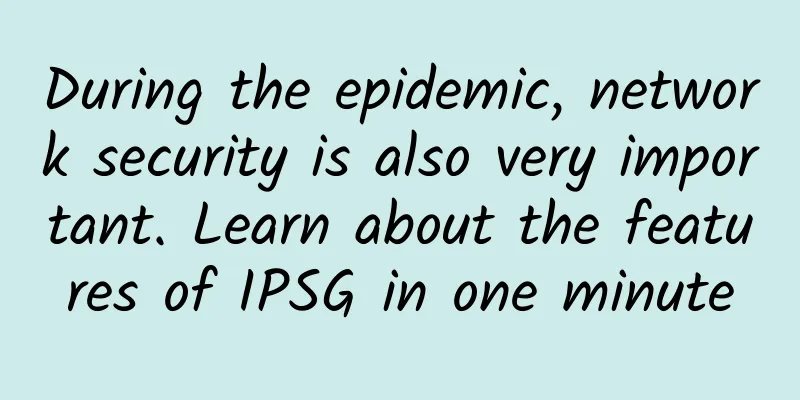Port reuse So_Reuseaddr

|
Port reuse is a classic problem in network programming, and the knowledge points here are very cumbersome. This article briefly introduces SO_REUSEADDR through code, but does not involve SO_REUSEPORT. For a long time, we have all known that we cannot listen to the same port. For example, the following code. server1 .listen ( 8080 ) ; We will see the error Address already in use. But is it really impossible to bind to the same port? Not necessarily. #include < stdio .h > The above code starts two servers, both of which are bound to the same port. The compilation and execution can run normally because I specified different IPs. It can be seen that we usually think that multiple servers cannot listen to the same port at the same time because we only specify the port but not the IP. const net = require ( 'net' ) ; Execute the above code and you can see the bound address *:8080 through lsof -i:8080. In other words, if we do not specify an IP, the system will listen to all IPs by default. When listening to the same port for the second time, an error will be reported. Let's look at the second case. #include < stdio .h > The above code will report an error "Address already in use" when executed. Why does it not work when it is changed to INADDR_ANY? Because INADDR_ANY represents all IPs, so it cannot be bound to other IPs by default. Logically, when the operating system receives the data packet of 127.0.0.1:6666, it does not know who to give it to because both bound addresses are hit. But we can tell the operating system to whom to give this data packet. #include < stdio .h > The above code adds the logic of SO_REUSEADDR and compiles and executes successfully. It can be seen that SO_REUSEADDR tells the operating system who should handle a data packet when it hits multiple sockets. After the operating system has clarified this logic, it naturally allows the port to be listened in this way. |
<<: It took two years for 5G messaging to be officially commercialized. Is that it?
>>: Expectations for Network as a Service (NaaS) Technology
Recommend
Huawei Intelligent Computing releases FusionServer Pro intelligent server to help data centers evolve towards intelligence
[51CTO.com original article] Recently, Huawei'...
Byte side: TCP three-way handshake, very detailed questions!
Hello everyone, I am Xiaolin. A reader was asked ...
China Mobile Gao Tongqing: Seize the new opportunities of 5G development and win the new era of intelligent interconnection of all things
On February 23, the world is undergoing a major c...
How big is the bandwidth of 1M cloud server? It is enough for 90% of websites
1M, as the lowest bandwidth configuration of clou...
Delisted from the New York Stock Exchange! The three major operators gave a "cold" treatment, and the Ministry of Commerce and the China Securities Regulatory Commission responded with a "response"
Affected by the New York Stock Exchange's dec...
#Has run away#Limewave: $16.82/year-AMD RYZEN9 3900X/512MB/25G SSD/1TB/Seattle
【Attention】This merchant has run away!!! Limewave...
DediPath Fall Promotion: 40% off all VPS/Hybrid Servers in Los Angeles, starting at $39 per month for dedicated servers
DediPath is a foreign VPS service provider founde...
V5.NET Spring Promotion: Hong Kong Server 45% off, 292 yuan/month-E5-2630L/16GB/480G SSD/30M bandwidth
V5 Server (V5.NET) is carrying out a spring busin...
Microsoft's Zhang Dongmei: Intelligent data discovery will be a hot topic in data analysis in 2017
[51CTO.com original article] In order to pay trib...
The existing network is difficult to achieve great success, will 5G be the savior of the Internet of Things?
5G is the fifth generation of mobile cellular tec...
2 and a half years have passed since the first year of 5G, but users are still reluctant to upgrade to 5G
[[420026]] Recently, Mobile China learned that ev...
Top 5 IT Infrastructure Monitoring Tools
All IT departments face this problem - when probl...
Introduction to various types of network cables, what are Category 5 and Category 6 cables?
1. Network cable overview The network cable usual...
100 days after 5G license issuance, Inspur Cloud promotes "High-tech Video" from concept to implementation
Recently, the new concept of "high-tech vide...
New electromagnetic wave router will enable unlimited bandwidth
UCLA researchers, with support from the Defense A...









